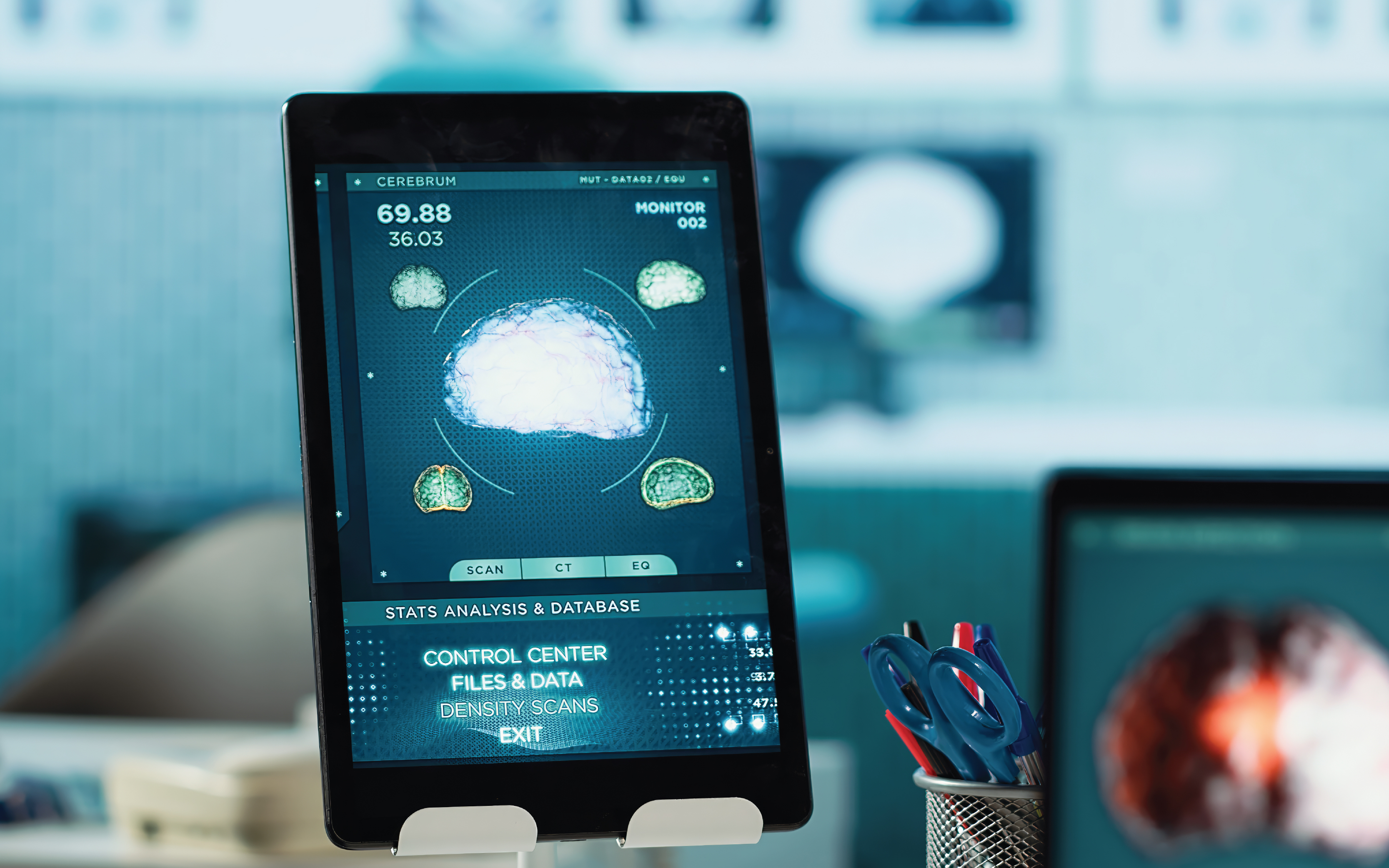If you have ever dreamt of having your own robot healthcare assistant like Baymax from Big Hero 6, the idea may not be as farfetched as you think. Amidst advancements in generative artificial intelligence (AI) such as the algorithms that power ChatGPT and Gemini, researchers are also leveraging large language models (LLMs) to develop AI assistants that can converse with patients.
“Personalised medical dialogue generation can improve medical care by tailoring conversations to patients’ specific needs, medical histories and preferences,” said Zhengyuan Liu, Tech Lead of the Multimodal Generative AI Group at the A*STAR Institute for Infocomm Research (A*STAR I2R).
These LLM-based agents can be particularly beneficial in supporting follow-up health communications beyond the clinic, such as diabetes management plans.
According to Liu, personalising these conversations can help encourage patients to adhere to treatment plans, taking into account, and adapting to, changes in their lifestyle or day-to-day health condition.
With the support of the Diabetes Clinic of the Future initiative, Liu and A*STAR I2R colleagues including Senior Principal Scientist Nancy F. Chen developed a generative AI-based medical dialogue system to provide customised coaching for patients with diabetes. To optimise the model, they analysed 856 telehealth conversations between nurses and patients with diabetes to identify essential topics covered in follow-up calls.
“Our approach uses topic-focused summarisation to distil core information from lengthy dialogues, making it better at handling the long conversational contexts that are typical in medical settings,” Liu explained. The framework also incorporates patient profiles from demographic data and health condition changes, all leading up to more personalised dialogue generation.
When compared against real-life healthcare calls, the researchers found that their system effectively extracted key information from noisy dialogue contexts to guide the subsequent conversation flow. This contextualised approach significantly enhanced dialogue generation quality based on standardised metrics for language models, representing a step towards more human-centred AI.
“By adapting to individual patient contexts and preferences, the framework creates more natural, relevant and empathetic healthcare conversations that respect the uniqueness of each patient’s situation,” said Liu. For example, the model might ask more specific follow-up questions on the patient’s diet based on their dietary habits.
The team now aims to expand their personalised dialogue generation system, with one potential development being speech capabilities. “Emotion-aware text-to-speech generation could enhance dynamic and empathetic interactions between the system and patients,” Liu said.
The A*STAR-affiliated researchers contributing to this research are from the A*STAR Institute for Infocomm Research (A*STAR I2R).







